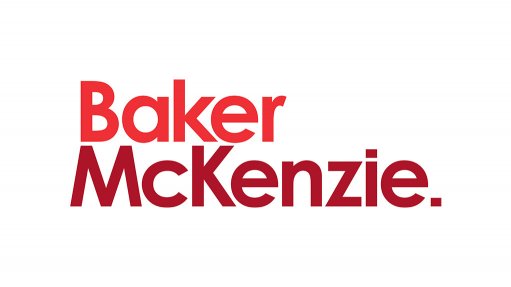
Bridgett Majola and Itumeleng Mukhovha, lawyers at global law firm Baker McKenzie in Johannesburg, have both been included on the list of the Mail & Guardian’s Top 200 outstanding young South Africans in recent years. Bridgett made the list in 2014 and Itumeleng was included this year. On South Africa’s Women’s Day, they talk about their careers, breaking the cycle of poverty and their role as women in law in Africa.
Majola has been working for leading law firms in South Africa since 2007 and says she doesn’t think there’s one successful way of navigating the legal environment in Africa.
“There are some structural issues in the industry that make it difficult for some people, especially women to do well, while others are able to simply thrive. While I know that there is certainly a willingness and intention to change some of these things, intention alone is not enough. Going forward, I hope that I will be part of the team that drives some of these essential changes.”
Majola says that the best advice that she can give to women is to be self-aware, supportive of other women, especially from minority groups, and to be assertive in circumstances which seem unhelpful or unsupportive to the advancement of women and in particular women of colour.
“Hopefully I can be honest, fair, assertive and empathetic in all situations that call for it and then see how it goes,” she says.
Mukhovha notes that as a female lawyer practising in Africa, she is constantly reminded of the importance of embracing the novelty of who she is as well as the need to support and mentor other young women to advance to positions of leadership and management.
“There is no need for petty differences that can easily cause a divergence from the path that will ultimately lead to the economic and social empowerment of women," she says.
Despite numerous personal challenges, Mukhovha knew that education would aid her in realising a better future. Her life story is one of humble beginnings, hope and great aspirations.
“During my early 20’s, I struggled with challenging the perceived orthodoxies of social anthropology and the stereotypical image of a woman.
“I studied certain academic literature, including literature by Ifi Amadiume and Chimamanda Ngozi Adichie and heterogeneous theories on feminism, to understand how social and economic changes in both colonial and post-colonial Africa continue to undermine women’s status and reduce their social, political and economic roles.
“The invaluable knowledge and insight gained from the literature on feminism has encouraged me to debate and ridicule the exclusion of women from large areas of social participation, question the link between different physiological characteristics and “natural” differentiation in social roles for men and women and begin to formulate ways to overcome it,” she explains.
Mukhovha says that some of the socio-economic challenges facing Africa include lack of access to justice and education for people from poverty-stricken communities.
“I believe that effective access to justice ought to be regarded as the most basic human right. The absence, or restriction to access to justice, prevents people from exercising their rights and challenging discrimination, and deprives people of real equality of law. Moreover, I truly believe education is of fundamental importance in building sustainable communities and is a prominent instrument in reducing and breaking the vicious cycle of poverty,” she says.
Majola’s mother was a domestic worker and her adoptive step parents, who her mother worked for, also used to tell her that the only way she could break the cycle of poverty was to get an education.
“If my adoptive parents had not paid for my primary education and if I had not been supported to get scholarships, I would not have broken my own poverty cycle. It begs the question, if education is the only way of breaking the cycle of poverty, then how do you break free of poverty if you can’t access education?”
“I know that I have a role to play as a lawyer and a corporate citizen. I strongly believe that access to education for all Africans, everywhere, is an essential starting point and that Africa’s vast potential will allow its people, to grow and flourish in the coming years,” Majola adds.
Written by Bridgett Majola and Itumeleng Mukhovha, lawyers at Baker McKenzie